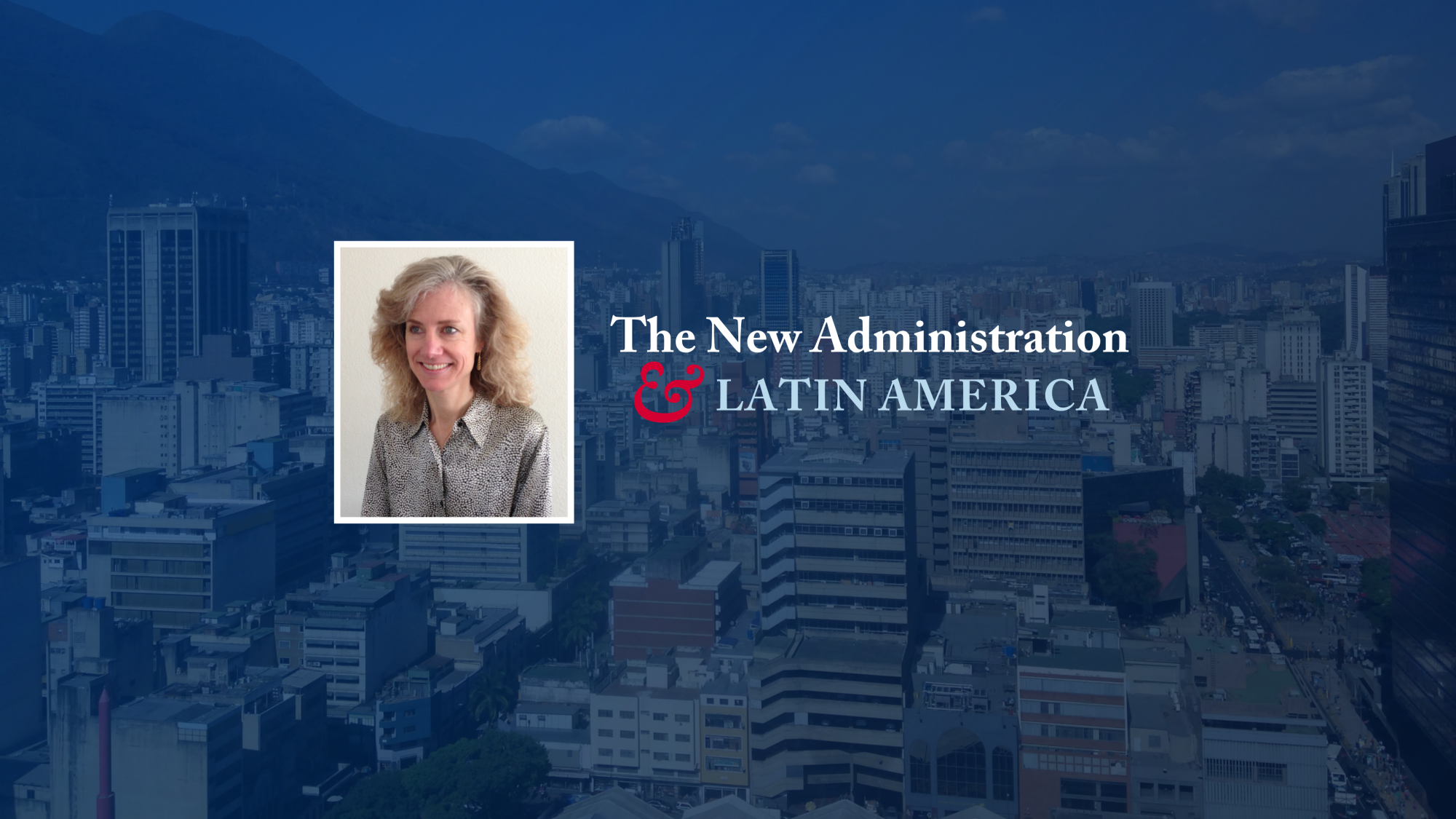The inauguration of a new U.S. president presents an inflection point, a moment of possibility just before a candidate’s election promises meet the realities of governing. As the United States enters the second Trump administration, SFS faculty offer their thoughts on how the 47th president’s statements during the campaign, policies during his first term and nominations and appointments announced thus far might impact different regions and issue areas around the world. The views expressed are the views of individual SFS faculty and not the views of SFS.
In conversation with SFS Professor Diana Kapiszewski, director of the Center for Latin American Studies (CLAS), we look at key issues to watch for in the Trump administration’s possible policies and actions toward Latin America.
What did Donald Trump, the candidate, promise regarding Latin America?
Latin America per se was not a major focus of Donald Trump’s campaign for U.S. president. Among the points he made about the region were suggestions that he will deport millions of people who entered the U.S. illegally, many of whom would be deported to Latin America; that he will levy tariffs on exports from some of the countries of the region; that he may take more aggressive action against drug traffickers; that he could address more directly the governments of Venezuela and Cuba; and that he may try to “renegotiate” the 1977 treaty that turned the Panama Canal over to Panama effective December 31, 1999, although it is unclear whether this is actually possible.
Based on President Trump’s policies during his first term and his nomination of Mauricio Claver-Carone as the special envoy for Latin America, what do you expect the new administration to do?
I do not expect the Trump administration to focus heavily on Latin America, at least in the short term, although I do anticipate that they will try to make good on at least some of what they have pledged with regard to deportations. Mr. Trump’s preference for Mr. Claver-Carone to serve as the special envoy for Latin America suggests that emphasis may be placed on initiatives related to economic growth, potentially as a strategy to counter China’s influence, while his nomination of Marco Rubio for Secretary of State suggests a potentially more aggressive stance toward Cuba and Venezuela. It remains to be seen how that approach will interact with Mr. Trump’s pragmatism.
